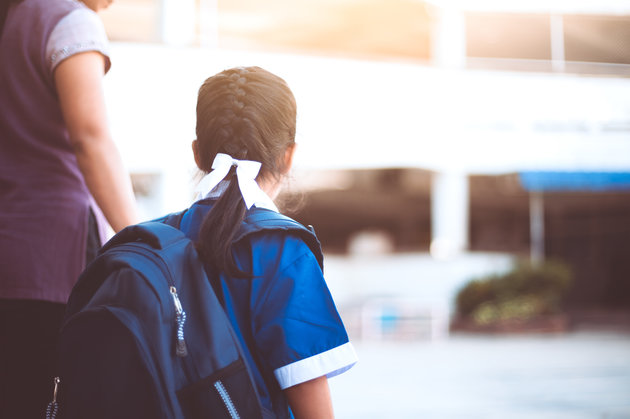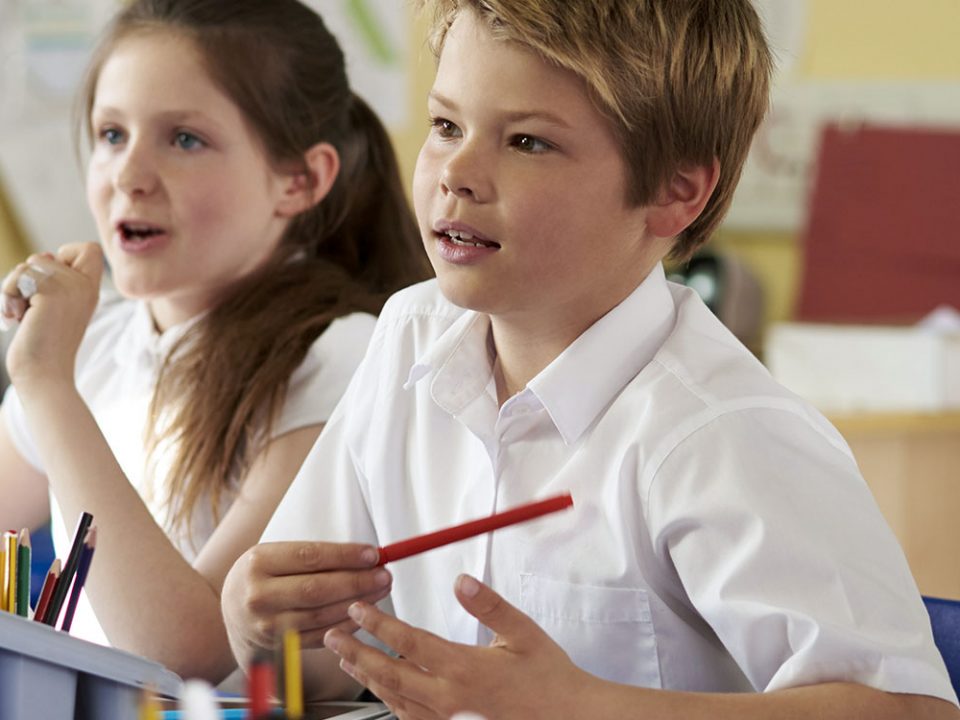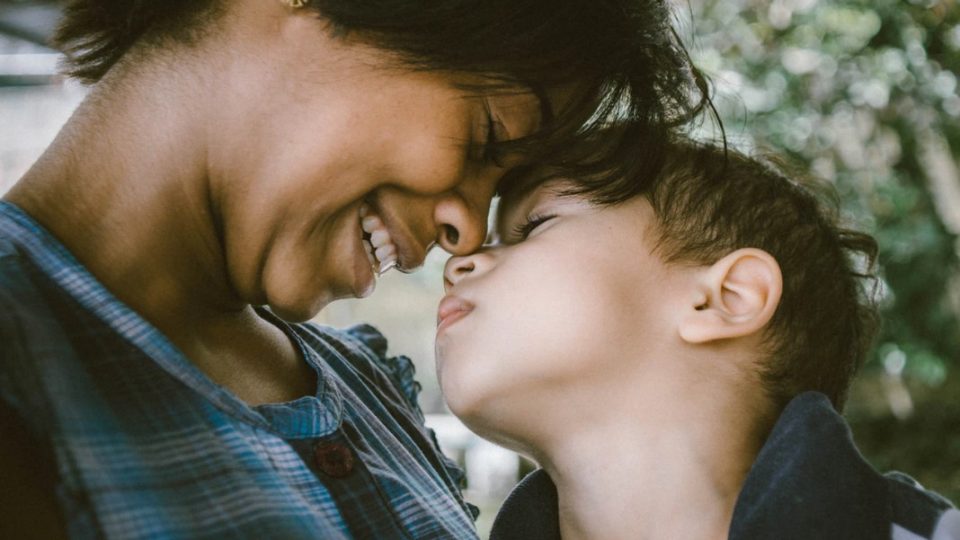
Parent & Educator Evening ~ School Readiness Collective {15th November}
The parents’ dilemma
Is my child ready to start school?
We will provide insight to school readiness for YOUR child
Thursday 15th November – 6:30pm – start at 7pm
Cost: $10 {includes refreshments and nibbles} + speaker notes to take home
Where: Unit 6 – 46 Burns Bay Rd – our collective space.
At this time of year, parents are often faced with the overwhelming decision “should my child start school next year?”. There is a lot of information out there and it can be very confusing, yet this decision can set your child up for ongoing success in the future as we know that early success at school is a strong predictor of later academic achievement.
Here is a list of some school readiness skills to consider. You can check off or practice these if they are a bit tricky for your child but DON’T PANIC! Your child does not need to be able to do all of these in order to be ready for school.
Writing their name
Although many believe a child being able to write their name is not as important as social skills and maturity, we know that letter knowledge is one of the most influential impacts on school success. It involves a lot of important skills including fine motor skills, letter sound knowledge, letter names, planning, persistence, attention and phonological awareness.
If you are concerned, here are some things to practice:
- What the letters are called in their name
- What sounds the letters make in their name
- What is the first/last sound in their name
- Recognising their name (important if you are labelling their belongings)
- Can they form the letters in their name accurately (try the rED writing app if you are not sure and use it with a stylus)
- If they have a short name or a name that is tricky to sound out, you can use character, toy or family names to keep it fun.
Self-care
- Open/close their bag, get it ready for school and pack their homework book
- Put on and take off their shirts, pants and shoes
- Do up/undo the buttons on their shirts (practice with the school uniform)
- Do up/undo zippers
- Washing hands
- Open/close zip lock bags and packaging
- Do their shoelaces or the Velcro on their school and sport shoes
- Go to the toilet by themselves
- Blow their nose
Fine motor skills
- Draw pictures with some detail (people, cars, houses)
- Colouring in and craft
- Prewriting shapes to prepare for letters
- Cut straight and curved lines, squares, circles and more complex shapes
Gross motor skills
- Run, jump, skip, balance and climb
- Go upstairs with alternating feet
- Throw, catch, kick and hit a ball
Attention
- Maintain their attention for a similar amount of time to their peers
- Participate in activities that they do not prefer
Social skills
- Make and keep friends
- Interact with friends and family appropriately
- Participate in structured and unstructured play
- Cooperative play skills (sharing, taking turns)
Language
- Follow instructions with multiple parts
- Retell a simple story
Kindergarten teachers say that your child is more likely to succeed if they have sufficient emotional, self-care, social, language and motor skills. As well as maturity and the ability to fit into school routines. That covers a lot of areas so if you have concerns seek some help.
Educators at preschool or childcare are great sources of information about how they are participating within that environment. Other health professionals, including occupational therapists and speech pathologists, can also help with supporting your child if they are having some difficulties. If you are not sure, feel free to contact us and ask for help.
Two specialists for the evening
Maree Rowan {Speech Pathologist & School Teacher}
Maree is a former primary school teacher who has retrained as a speech pathologist. She is aware of the daily demands of children and families with 2 children of her own. With a background as a teacher, Maree is well placed to advise on the expectations of school teachers and their perspective. Combined with her knowledge as a speech pathologist Maree will offer invaluable insight.
Georgia Clarke {Occupational Therapist}
For occupational therapists, the goal is to enable people of all ages and stages to maximise their independence to participate in activities they want to do, need to do or are expected to do. In relation to Kindergarten, we think about the everyday activities expected of children as well as liaise with their teachers to work towards this goal.
Please join us – We would love to share our expertise with you!



